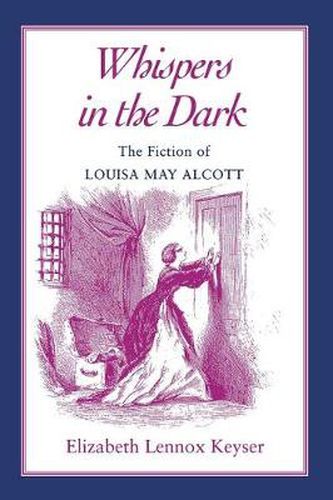Readings Newsletter
Become a Readings Member to make your shopping experience even easier.
Sign in or sign up for free!
You’re not far away from qualifying for FREE standard shipping within Australia
You’ve qualified for FREE standard shipping within Australia
The cart is loading…






In this study, Elizabeth Keyser examines representative works from the various genres in which Alcott wrote, uncovering self-portraits or metafictions that convey what it meant to be a Victorian woman writer. Alcott’s wealth of allusion to other writers, such as Charlotte Bronte, Margaret Fuller, and, especially, Nathaniel Hawthorne, and of recurring motifs, such as textiles, texts, and theatricals, reveals her consistent subversion of conventional values for women. Keyser shows that beneath the mildly progressive feminism of her domestic and children’s fiction lurks the more radical feminism of the Gothic thrillers. In some works Alcott symbolically conveys her vision of a feminist future in which men and women fulfill their androgynous potential and live in a harmonious state of equality. But in her most sustained critique of gender relations, the Little Women trilogy, Alcott betrays grave misgivings about the possibility of such a future.
$9.00 standard shipping within Australia
FREE standard shipping within Australia for orders over $100.00
Express & International shipping calculated at checkout
In this study, Elizabeth Keyser examines representative works from the various genres in which Alcott wrote, uncovering self-portraits or metafictions that convey what it meant to be a Victorian woman writer. Alcott’s wealth of allusion to other writers, such as Charlotte Bronte, Margaret Fuller, and, especially, Nathaniel Hawthorne, and of recurring motifs, such as textiles, texts, and theatricals, reveals her consistent subversion of conventional values for women. Keyser shows that beneath the mildly progressive feminism of her domestic and children’s fiction lurks the more radical feminism of the Gothic thrillers. In some works Alcott symbolically conveys her vision of a feminist future in which men and women fulfill their androgynous potential and live in a harmonious state of equality. But in her most sustained critique of gender relations, the Little Women trilogy, Alcott betrays grave misgivings about the possibility of such a future.